
Urchin (dir. Harris Dickinson)
Certificate: 15
Running Time: 99 mins
UK Distributor: Picturehouse Entertainment
UK Release Date: 3 October 2025
WHO’S IN URCHIN?
Frank Dillane, Megan Northam, Karyna Khymchuk, Shonagh Marie, Okezie Morro, Amr Waked, Harris Dickinson
WHO’S BEHIND THE CAMERA?
Harris Dickinson (director, writer), Scott O’Donnell and Archie Pearch (producers), Alan Myson (composer), Josée Deshaies (cinematographer), Rafael Torres Calderon (editor)
WHAT’S IT ABOUT?
A homeless man (Dillane) attempts to turn his life around…
WHAT ARE MY THOUGHTS ON URCHIN?
Having worked on plenty of stylish and artful independent films like Triangle of Sadness, Babygirl, The Souvenir Part II and Scrapper throughout his career, it’s of little wonder why Harris Dickinson’s filmmaking debut Urchin carries a lot of the same traits. Being on the sets of those films has clearly rubbed off on the actor as he in response creates a film that isn’t afraid to take a giant leap or two with its own sense of artistic expression and a desire to defy narrative convention, all with a confidence that few first-time filmmakers are able to convey right off the bat.
Yet, Urchin is a strange, strange beast. Mixing social realism with flat-out surrealism is a gamble that just about pays off, but at the cost of providing a bizarre tone that, while consistent, leaves you unsure of what to think by the end. In a way, it’s not like many things you’ve seen before, which helps it stand out among the pack, though at the same time its bleak outlook on life blended with pure arthouse imagery makes for an odd yet fascinating combination.
Dickinson’s film centres on Mike (Frank Dillane), a homeless man who’s sleeping rough on London’s streets and spends his days panhandling towards passers-by who hardly even bat an eyelid in his direction. The only one that does is a kindly man named Simon (Okezie Morro), whom Mike promptly assaults and steals his watch to pawn and fuel his drug addiction, an act he’s quickly arrested and sentenced for. Upon his release, a newly sober Mike is eager to turn his life around, which he makes a valiant effort to do by landing a job in a hotel kitchen, befriending fellow staff and even finding love with nomadic bin cleaner Andrea (Megan Northam). However, his greatest obstacle remains himself, and it’s not long before his self-destructive tendencies send him back down in a spiral of addiction and psychological torment.
Needless to say, Urchin is not exactly a ray of sunshine when it comes to its subject matter. Dickinson tells a story concerning heavy social issues like homelessness and the fragility, even inhumanity, of the services in place to help vulnerable people like Dillane’s Mike, and that nods heavily to tales once told by the likes of Ken Loach and Mike Leigh, albeit with a considerably more energetic approach than his contemporaries. While some scenes are shot and performed with a borderline documentarian vision, Dickinson also on occasion deploys some sharp camerawork and editing that sticks closely to certain characters, whether it’s with some slow zoom-ins or simple pan shots as they move around in a room. This helps elevate the grounded nature of the plot to a level where its inherent bleakness is portrayed with nearly as much enthusiasm as a high-octane action sequence, immersing viewers into the grim reality of its deeply troubled protagonist while always hinting at something much stranger around the corner.
And when said corner is approached, the film gets suitably weird. The imagery is nothing short of abstract, with hallucinogenic CGI-coated montages that almost turn the film into the opening credits of Fight Club, and hauntingly beautiful shots of caves and endless hallways mixed with recurring motifs such as a mysterious violinist who shows up every now and then to stare daggers at her observer (mostly Mike). Dickinson lets his artistic freak flag fly uncontrollably in these scenes, filming them in a way where you can marvel at the utter surrealism on display yet also vaguely pick up on the tragic meaning behind them, with an excellent Dillane serving as the chaotic tour guide into the deepest psychological depths of his character’s impulsive and ultimately toxic behaviour that ends badly for anyone that crosses his path, least of all himself.
However, when both realist and surrealist elements are pushed together, Urchin forms a strange mixture that is both incomparable and undefinable. It’s a film that constantly whacks you over the head with misery, as the protagonist goes from one low to the next after a couple of all-too brief upward trajectories, but also forces you into a lucid dream state as mysterious and even nightmarish visuals bombard you into submission. These are similar uncertainties to Luca Guadagnino’s Queer, which while also far from perfect had a bit more room to flesh out its occasional dips into surreal territory, although in that film’s case it goes perhaps a bit more overboard with its abstract nature, to a point where Urchin comes off as more straightforward by comparison. Dickinson’s film probably takes a less indulgent approach (which is saying something, given that the filmmaker also gives himself a small supporting role as a homeless frenemy of the lead) that ultimately maintains a stronger focus, but like Queer it similarly succumbs to its arthouse pretences, especially in a climactic sequence that fully embraces the out-there aesthetic to where all other narrative form ceases to exist.
In all, Urchin is a film that strives to offer bleak social realist commentary with the assistance of visceral dreamlike constructs and mostly succeeds thanks to the artistic strength and confidence of its filmmaker. But given its imbalanced nature, not to mention the pretty miserable vibes it gives off, it’s something that you have to be in the right frame of mind to properly absorb, otherwise you’ll quickly lose patience with a narrative that provides little more than eternal grimness. Either way, though, Dickinson seems well on his way to become as mesmerising a talent behind the camera as he is in front of it.
SO, TO SUM UP…
Urchin blends social realist drama with outlandishly surreal imagery to mostly fascinating effect, as filmmaker Harris Dickinson displays a strong artistic confidence that just about overcomes a stylish imbalance.




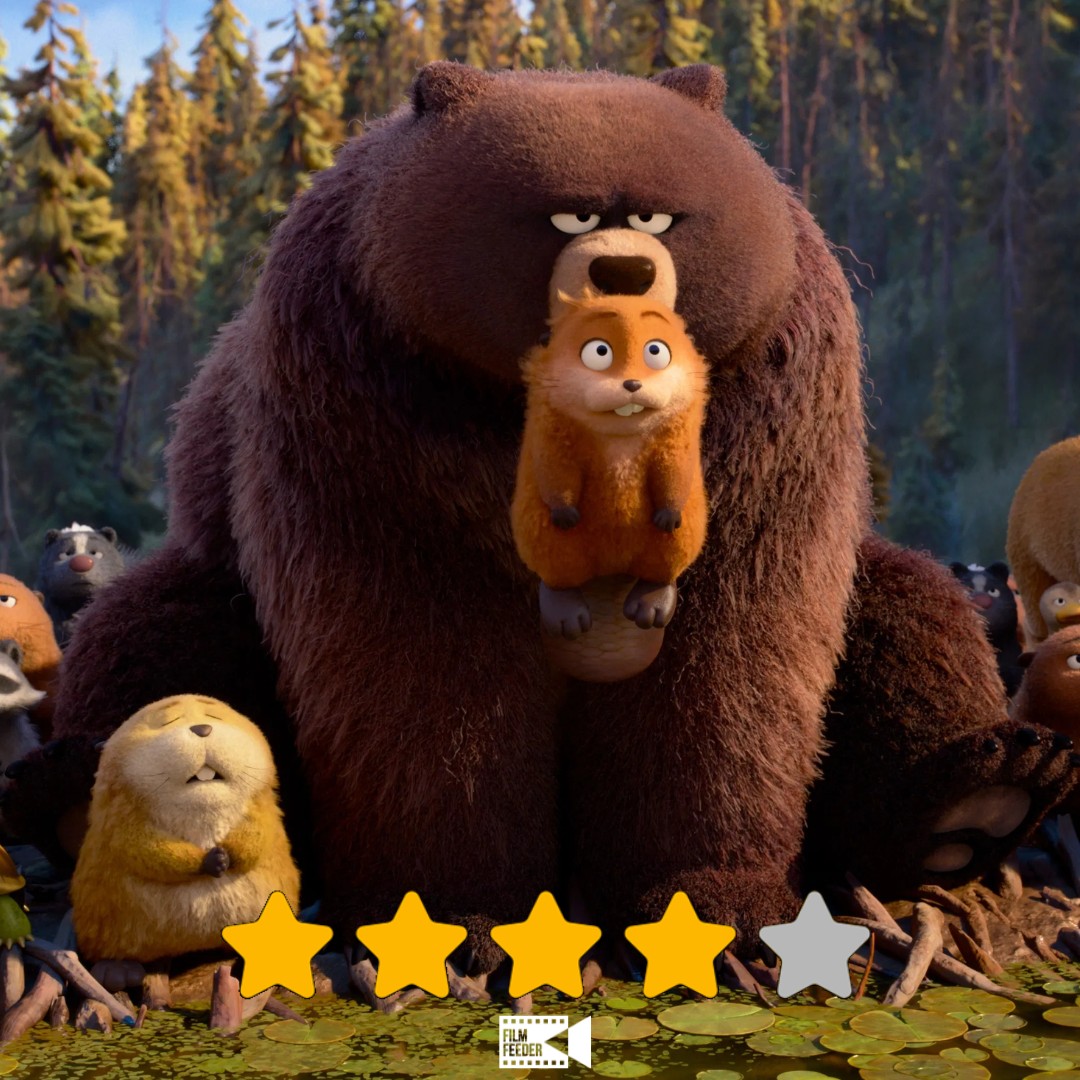
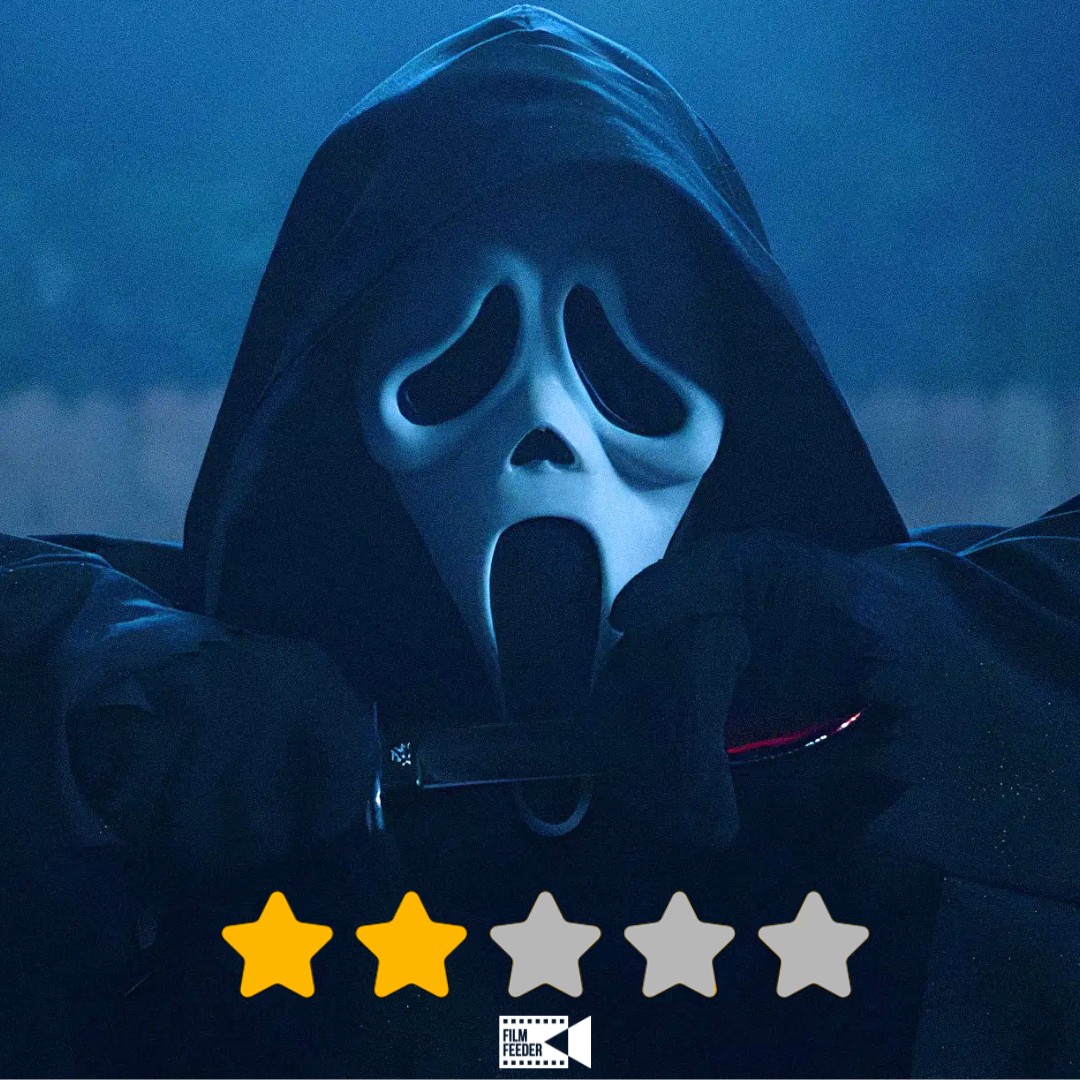
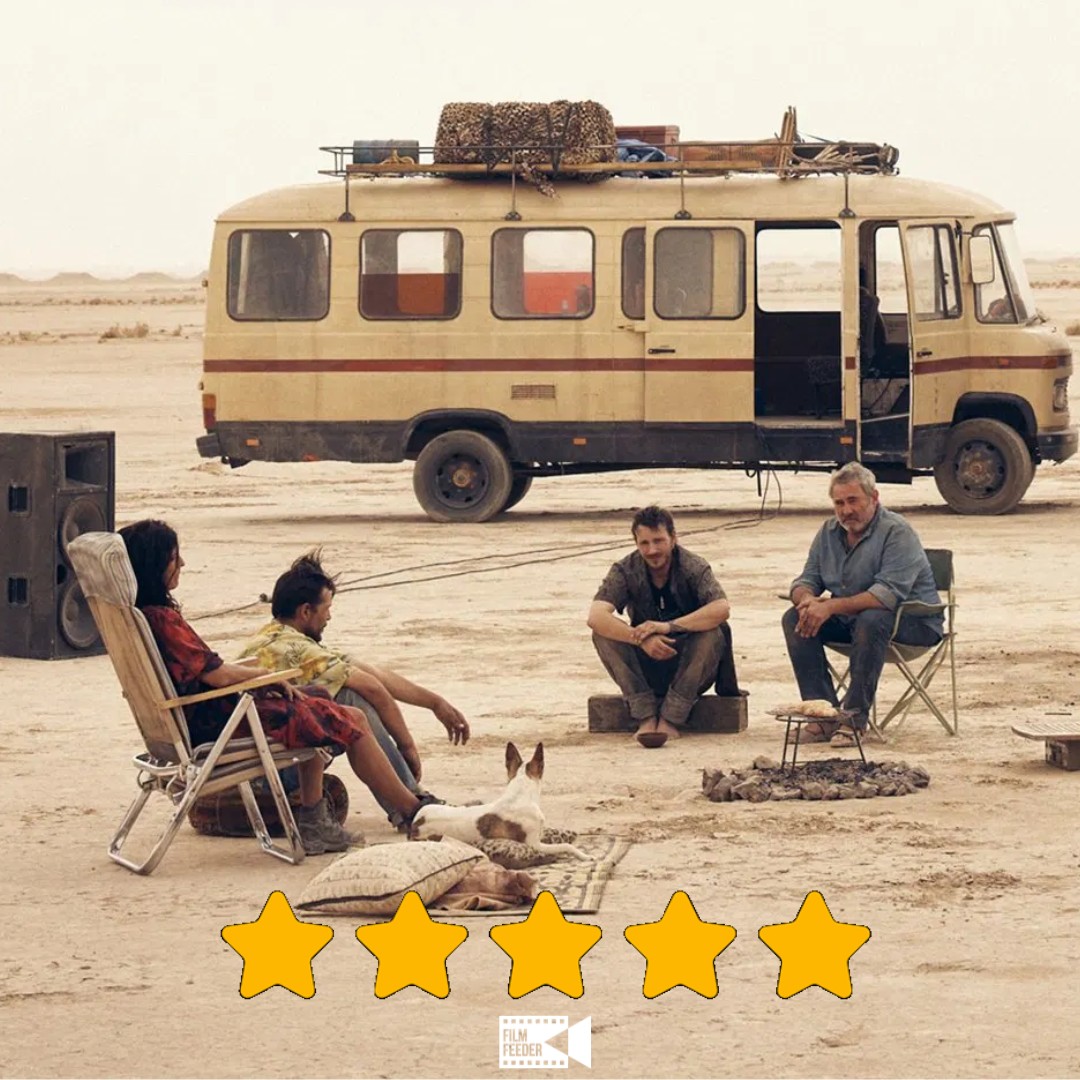
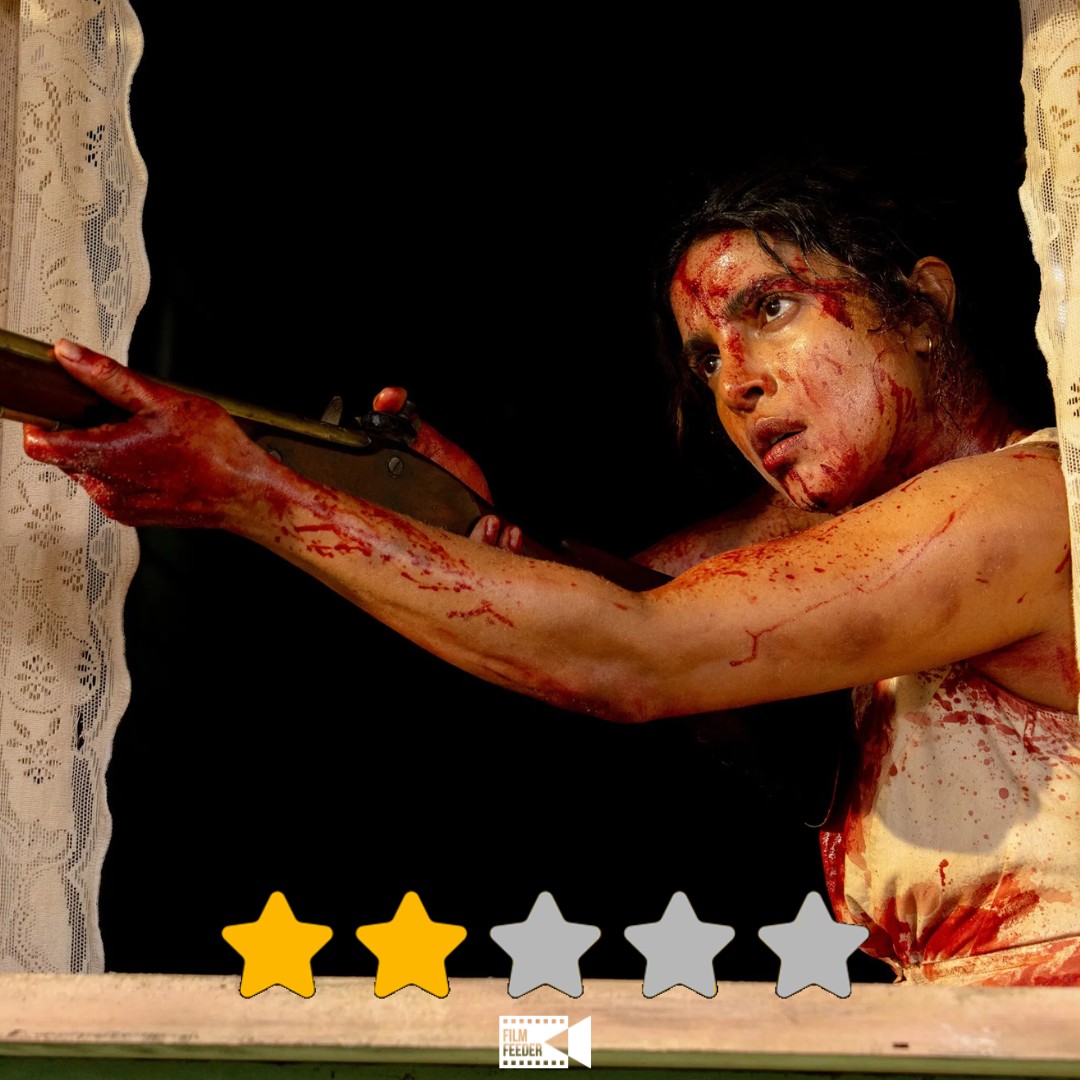
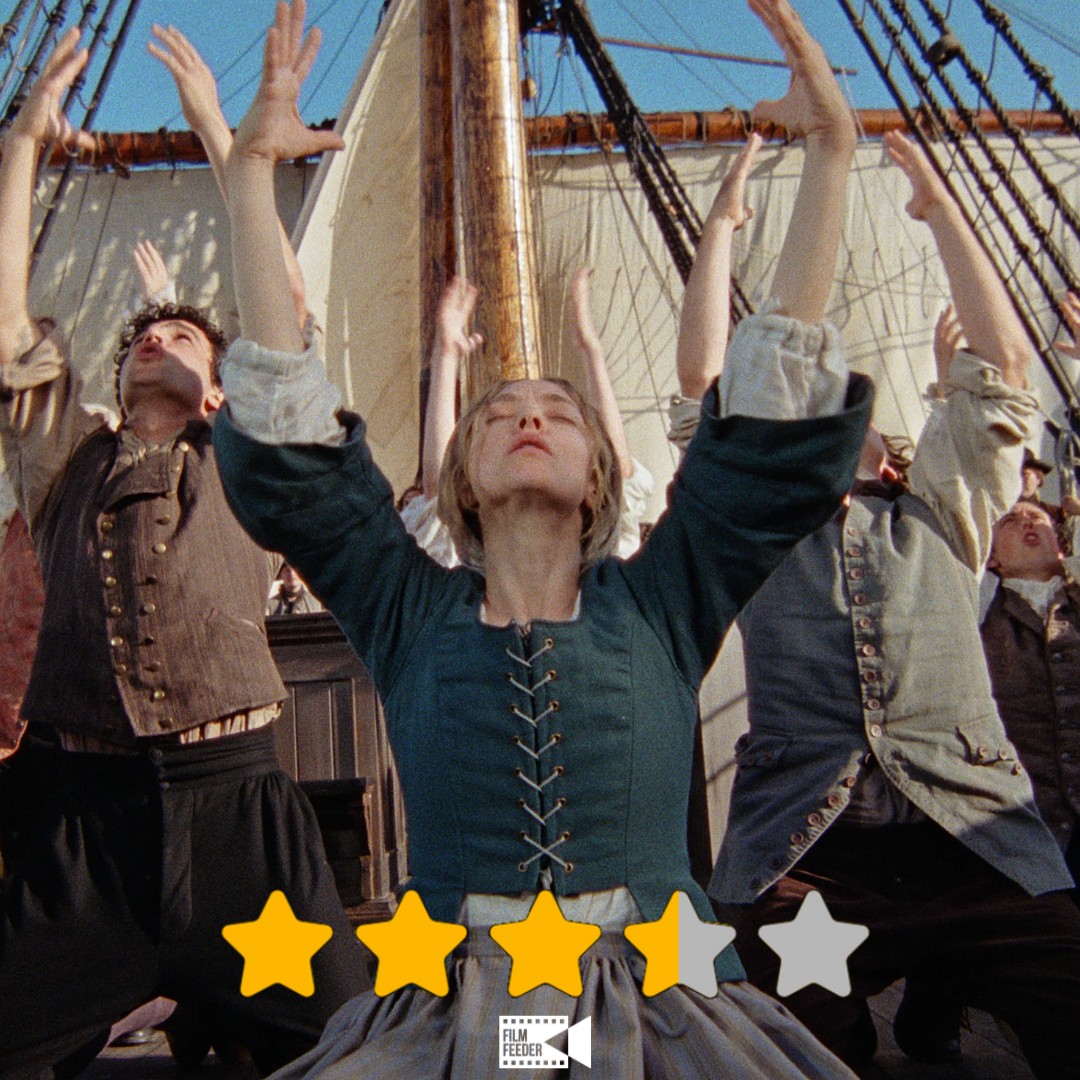
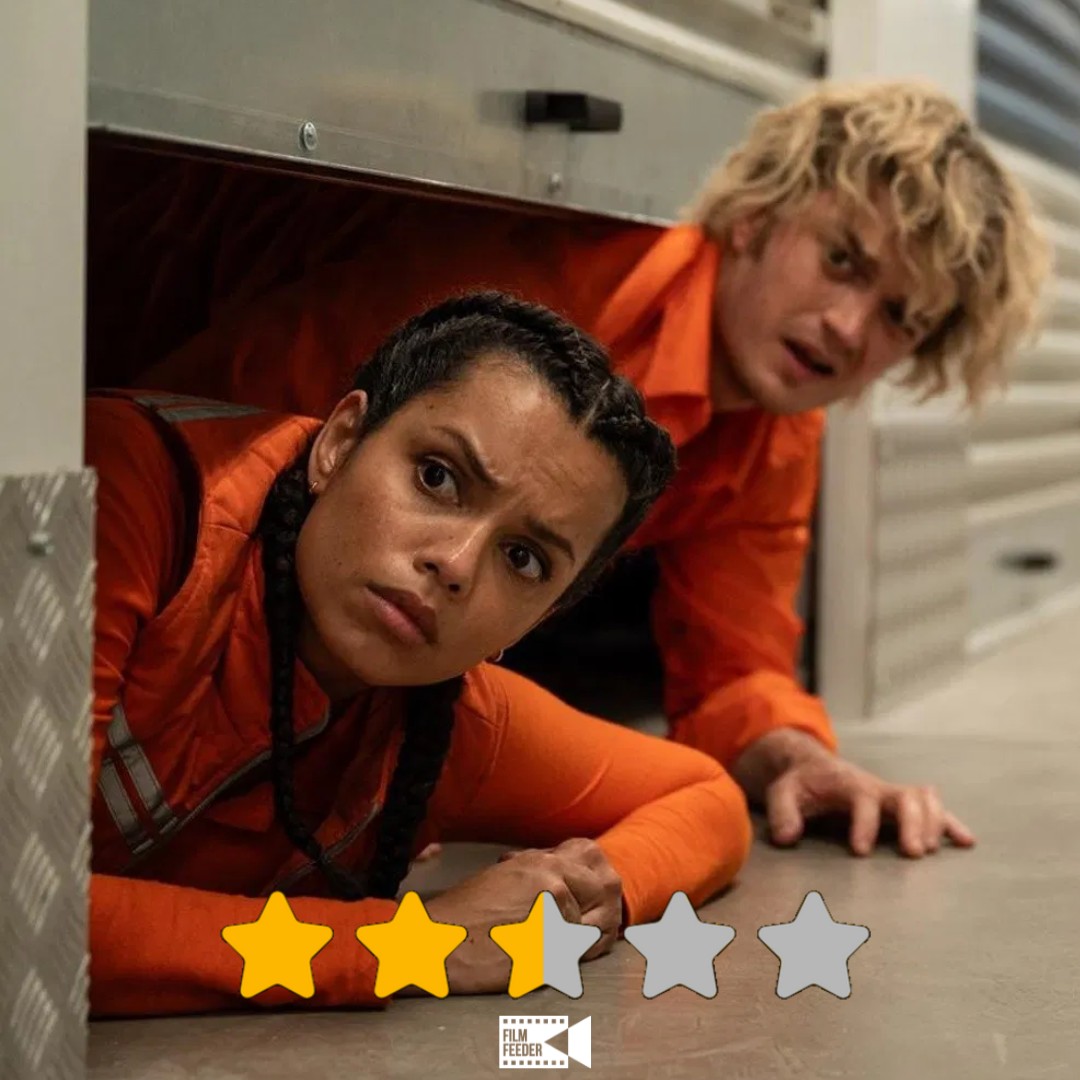
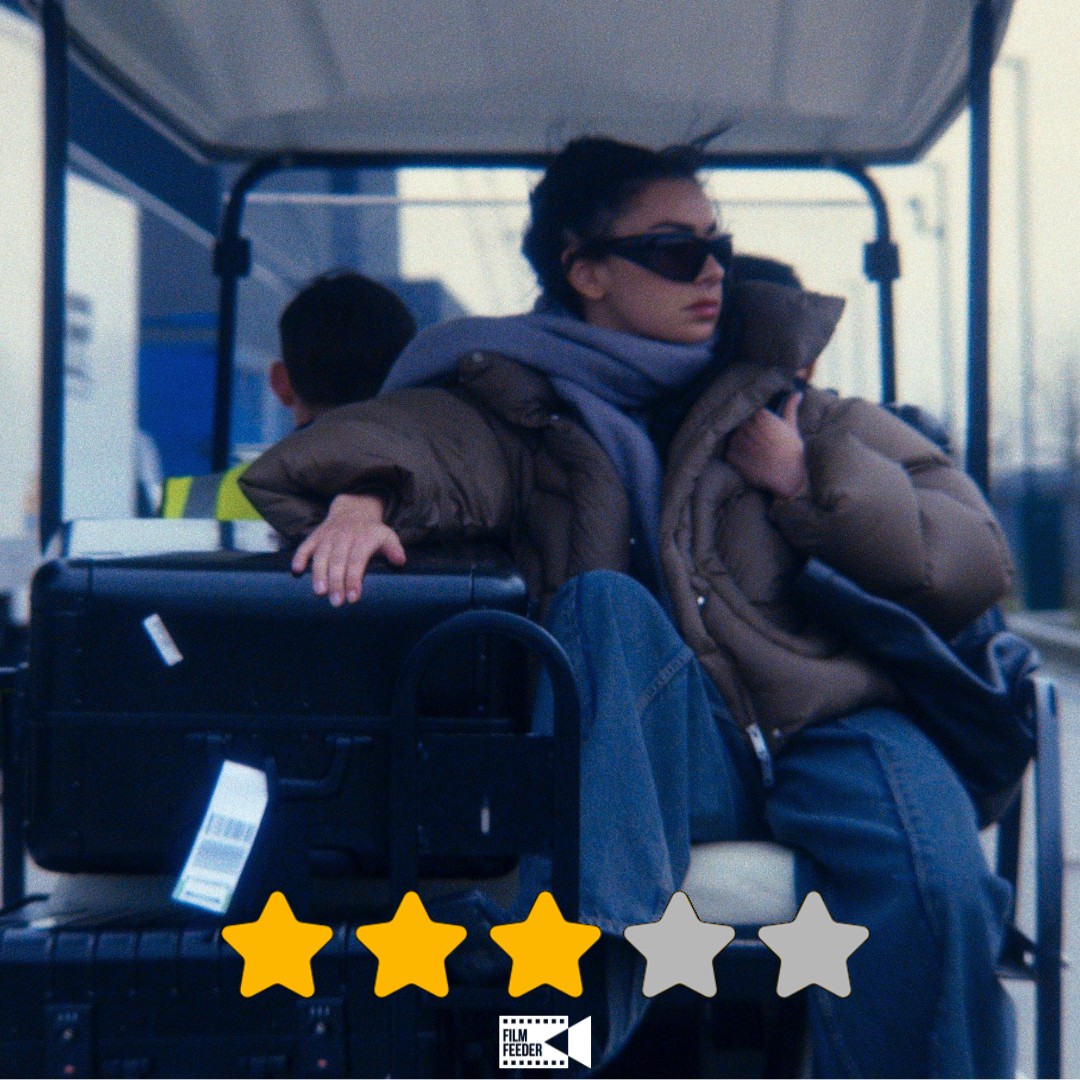
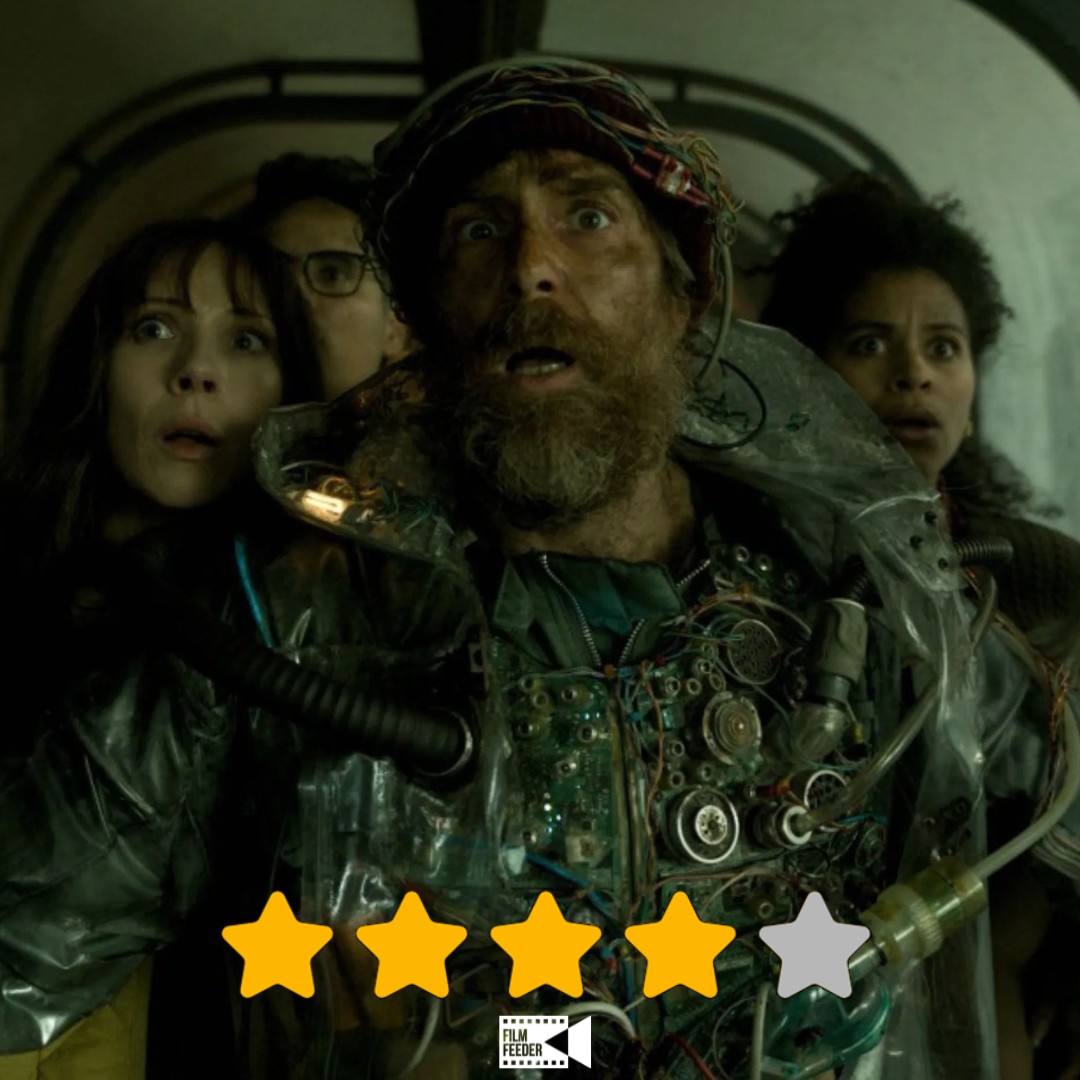
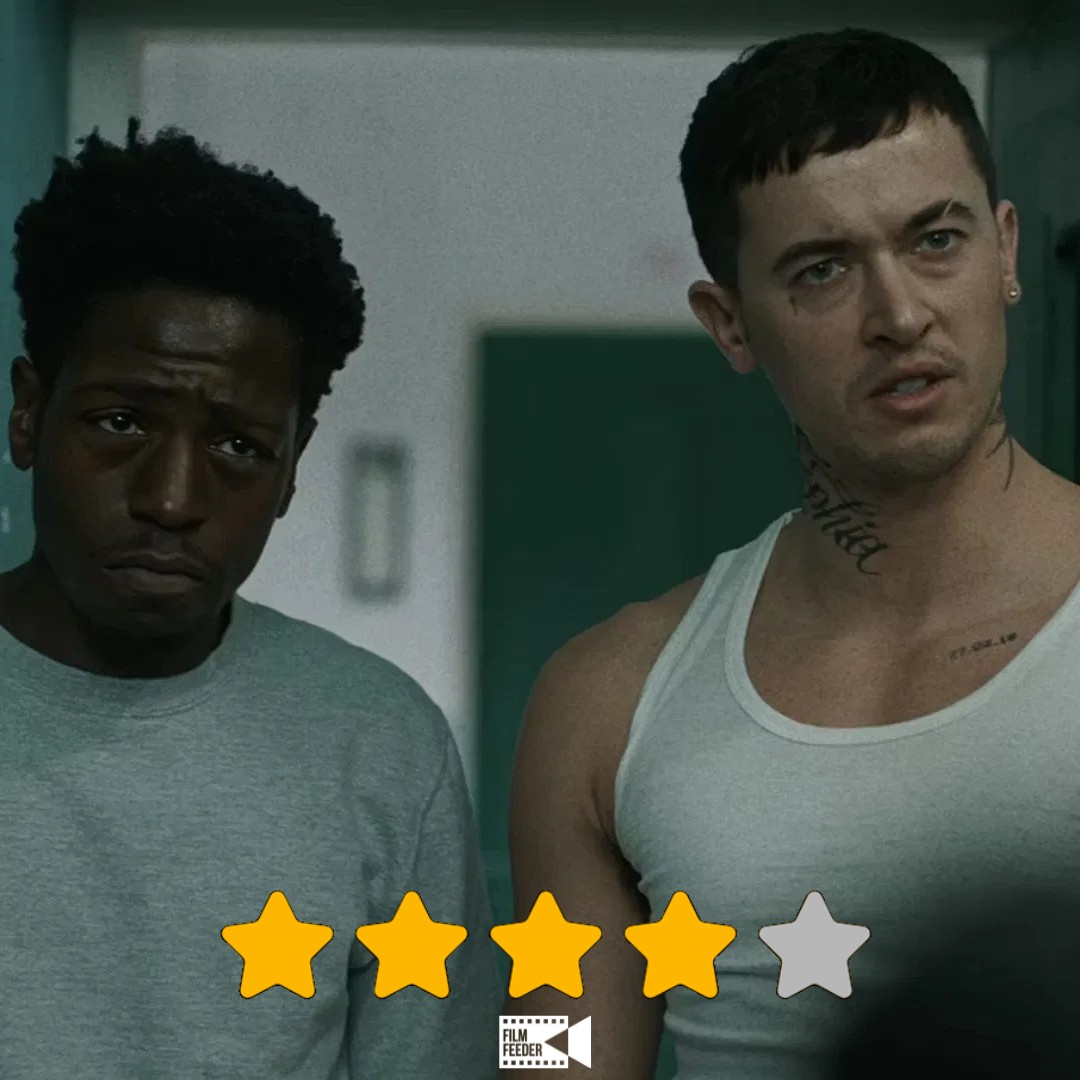
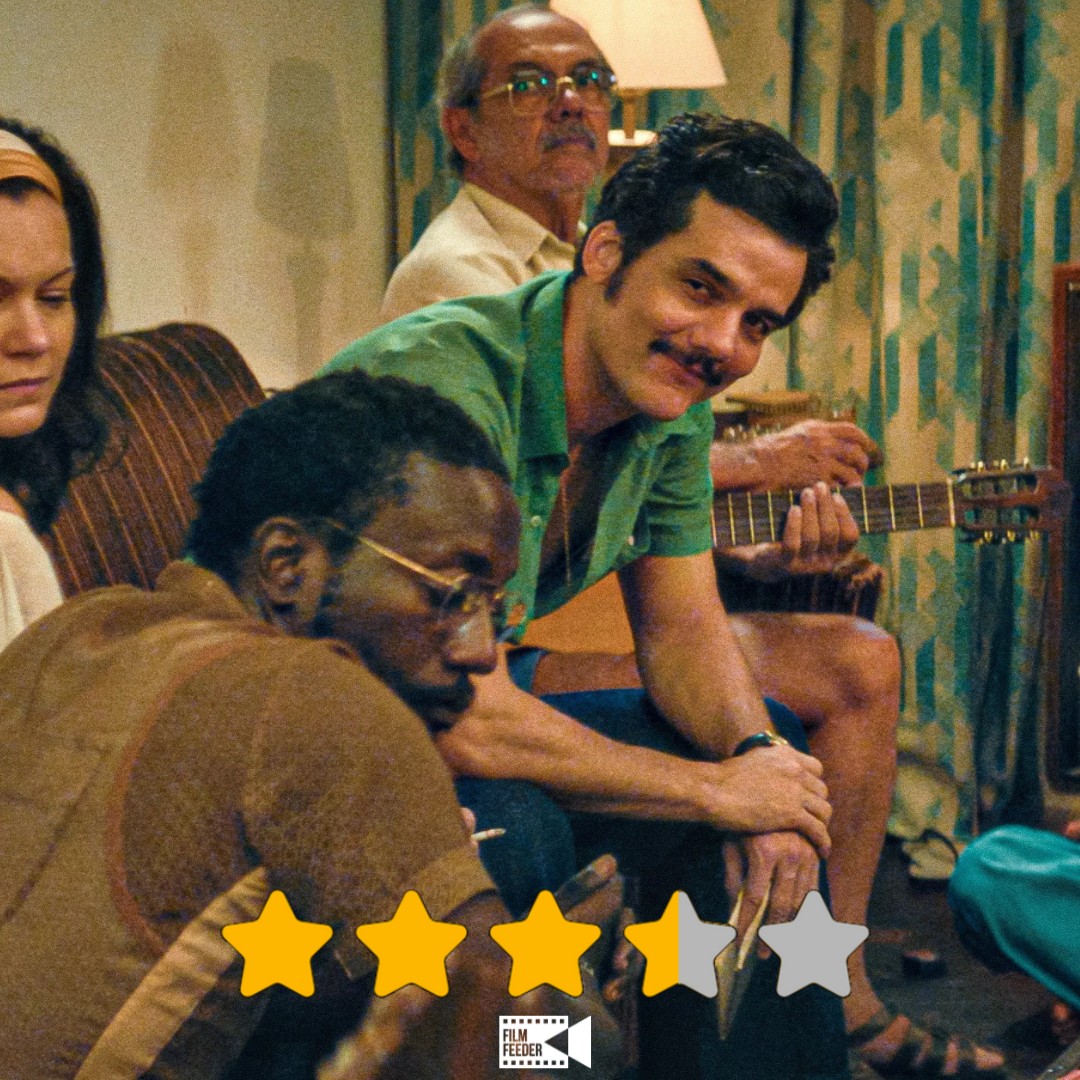
0 Comments